How Families Can Support waste separation and Recycling in Muscat

Muscat, the capital of Oman, is a city defined by its vibrant culture, stunning coastline, and modern development. However, the growing population and rapid urbanization present challenges in managing waste effectively. As a result, waste separation becomes crucial to reducing environmental impact. Specifically, waste separation involves sorting trash into categories such as organic waste, recyclable materials, and non-recyclables. Families can play a transformative role by practicing waste separation at home—a habit that contributes to recycling, protects the environment, and builds a sustainable future for Muscat.
Why Trash sorting and Recycling Matter for Muscat
Understanding Waste Separation
Waste separation involves sorting trash into categories such as organic waste, recyclable materials, and non-recyclables. This practice is critical for recycling and proper waste management. It reduces landfill waste, conserves natural resources, and minimizes pollution.
Environmental Benefits
Reduces Landfill Overflow: Muscat’s landfills face increasing pressure. Families who separate waste help decrease the volume of waste in these facilities, extending their lifespan.
Protects Marine Ecosystems: Muscat’s proximity to the sea means poorly managed waste can harm marine life. Separating waste at home prevents plastics and other harmful materials from entering the ocean.
Minimizes Pollution: Proper waste separation reduces contamination of soil, water, and air, preserving Muscat’s unique environment.

The Role of Muscat’s Geographical Conditions in Recycling
Muscat’s geography and coastal location provide unique opportunities and challenges for waste management.
Coastal Advantages
- Marine Conservation: Families who separate recyclable materials such as plastics and metals contribute to cleaner beaches and healthier marine ecosystems.
- Economic Opportunities: Recycling industries near Muscat’s ports can efficiently process and export materials, creating jobs and boosting the economy.
Population and Urbanization
Muscat’s growing population adds to the waste burden. By separating waste, families help ensure that recycling facilities can process materials more effectively. This support is crucial for maintaining a clean, sustainable city as urbanization continues.

Benefits of Waste Separation in Muscat for Families and Communities
Environmental Impact
- Conserves Natural Resources: Recycling paper, metals, and plastics reduces the need for raw materials like trees and minerals.
- Reduces Greenhouse Gas Emissions: By diverting organic waste from landfills, families help cut methane emissions, a significant contributor to climate change.
- Promotes Biodiversity: Proper waste management safeguards local ecosystems from the harmful effects of pollution.
Economic Benefits
- Cost Savings: Households save money by reducing waste collection fees and using composted organic waste as fertilizer.
- Creates Jobs: Recycling initiatives generate employment in waste collection, sorting, and processing.
- Encourages Innovation: A culture of waste separation drives investment in recycling technologies and sustainable industries.
Social Benefits waste separation
- Improved Public Health: Cleaner neighborhoods reduce exposure to toxins and pests associated with improper waste disposal.
- Educates Future Generations: Teaching children about waste separation fosters lifelong environmental responsibility.
- Community Engagement: Families inspire their neighbors and friends, creating a ripple effect of sustainable practices.
Read the article on the benefits of recycling PET plastic.

Practical Steps for Families to Separate Waste
Practical Steps for Families to Separate Waste
Designate Bins: Use separate containers for organic waste, recyclables (plastic, paper, glass), and non-recyclables.
Label Clearly: Ensure each bin is marked to avoid confusion.
Locate Strategically: Place bins in accessible areas, such as the kitchen or garage.
- Plastics: Only clean, dry plastics should go into recycling bins.
- Paper: Newspapers, magazines, and cardboard can be recycled.
- Glass and Metals: Bottles, jars, and aluminum cans are valuable recyclables.
Start Composting
- Organic waste such as vegetable peels and garden clippings can be composted to create nutrient-rich soil.
- Use a simple compost bin or pile in your backyard to manage biodegradable waste effectively.
- Organic waste such as vegetable peels and garden clippings can be composted to create nutrient-rich soil.
- Use a simple compost bin or pile in your backyard to manage biodegradable waste effectively.
Collaborate with Recycling Services
- Partner with local programs like Golden Future Recycling for waste collection and processing.
- Stay updated on community recycling events and initiatives.

Recycling Initiatives in Muscat
How Families Contribute to a Circular Economy
When families separate waste, they support Muscat’s recycling and reuse initiatives, contributing to a circular economy:
- Recycling Plastics: PET plastics can be processed into granules for use in manufacturing new products.
- Recycling Paper and Cardboard: Clean paper waste can be turned into packaging materials, reducing deforestation.
- Composting Organic Waste: Nutrient-rich compost reduces the need for chemical fertilizers, supporting sustainable agriculture.
Innovations in Muscat’s Recycling Scene
- Local businesses are increasingly adopting sustainable practices, creating demand for clean, recyclable materials.
- Advanced recycling technologies are being introduced to improve efficiency and output.
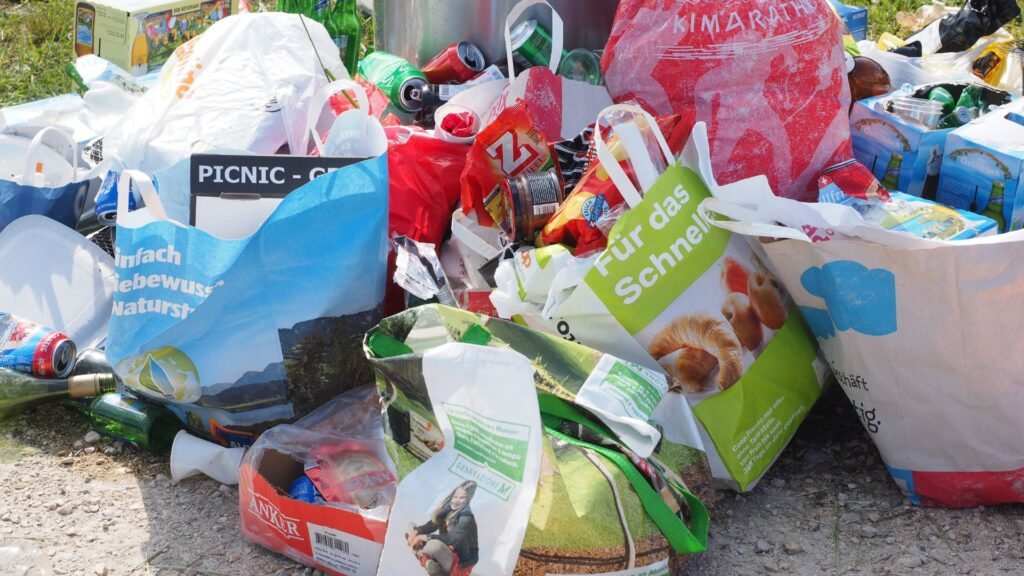
Encouraging a Waste-Smart Culture
Family Activities to Promote Awareness
- DIY Recycling Projects: Engage children in creating crafts or practical items from waste materials.
- Eco-Friendly Challenges: Challenge family members to reduce household waste and track progress.
- Educational Resources: Watch documentaries or attend workshops on recycling and waste management.
Community Engagement
- Share tips and ideas on social media platforms like Instagram to inspire others. You can read PET recycling process.
- Participate in local clean-up drives and environmental events.
- Advocate for better recycling policies and infrastructure in your community.
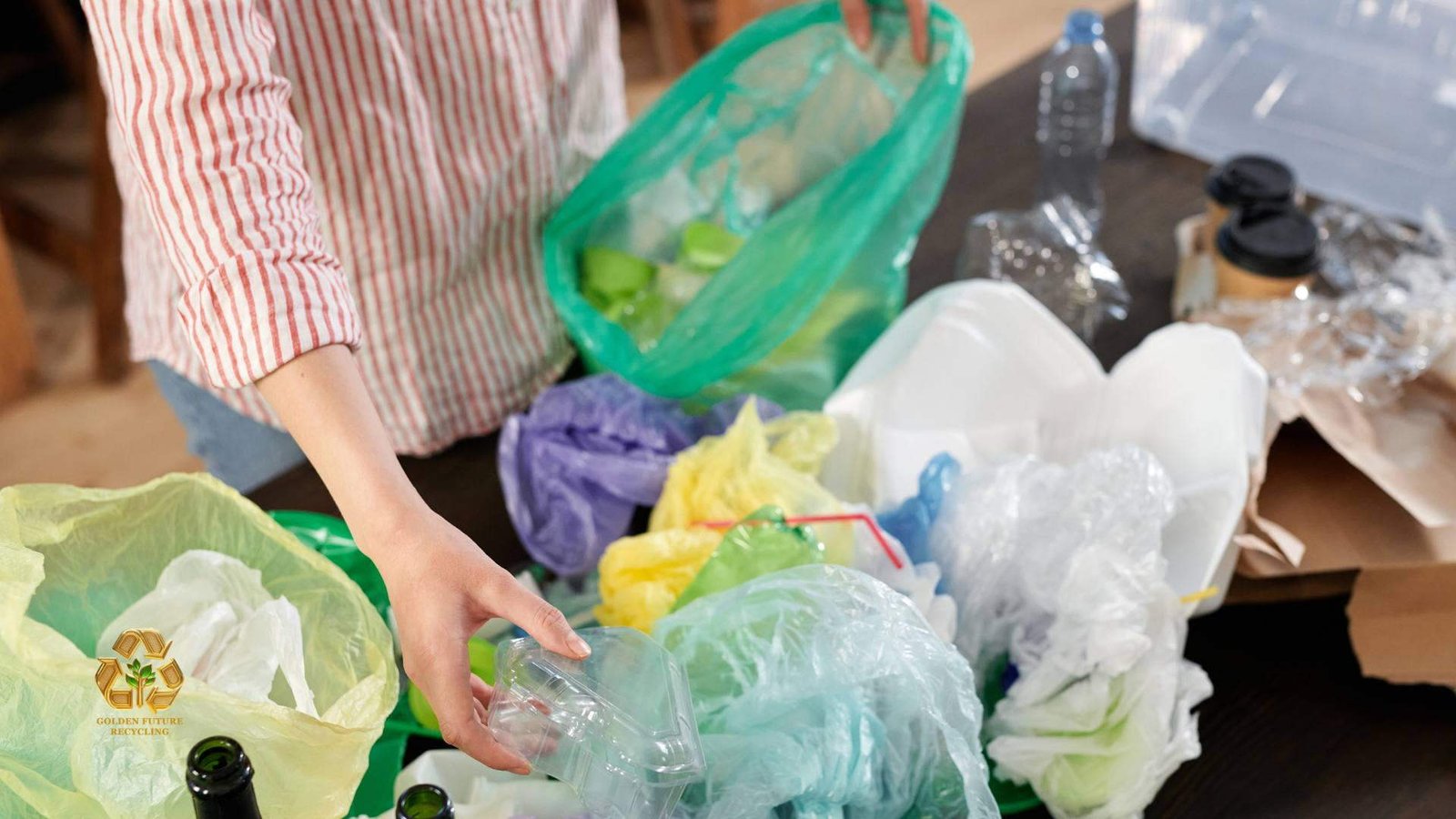
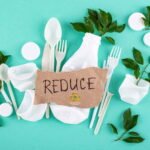

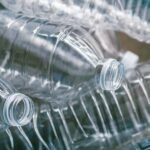
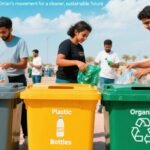
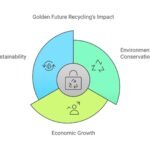

Leave a comment